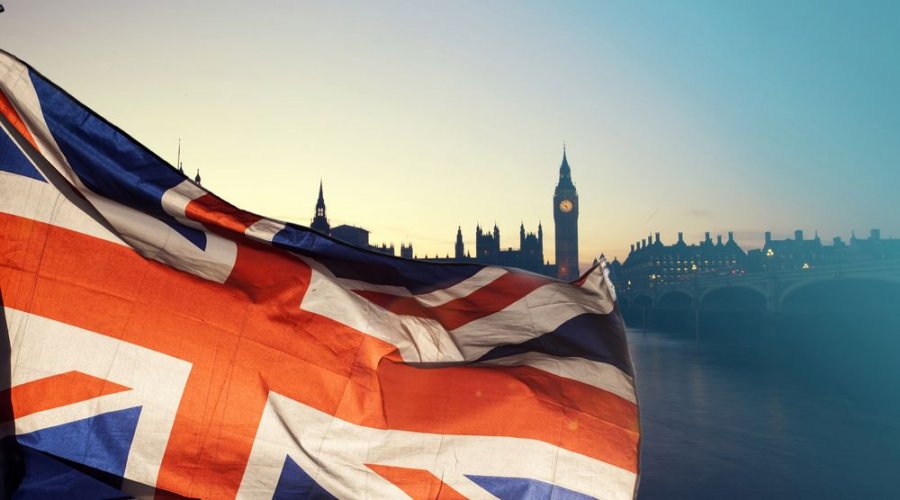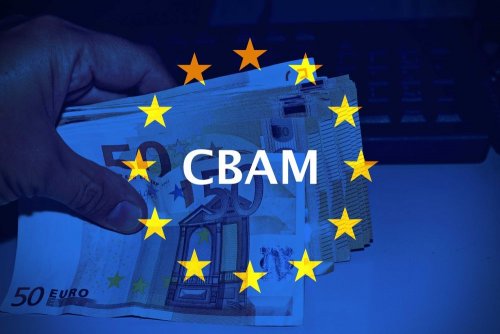The UK government has pledged to consult on proposals from the Environmental Audit Committee (EAC) to implement an internal CBAM to tackle carbon leakage.
The government also plans to work closely with low- and middle-income countries and coordinate any CBAM policy or product standards with consumer interests, the website said Parliament of Great Britain.
Confirmation of the consultations was provided in a written statement to Parliament following the EAC report "Green Imports: A Carbon Border Approach in the UK".
The EAC report stressed that CBAM could stimulate the development of lower-carbon products in the domestic market, as high-emission sectors seek to avoid higher taxes that will lead to CBAM or improved product standards. This will further mitigate the potential for major polluters to "carry" their emissions abroad and give companies a clear signal to re-evaluate their carbon footprint.
In order for this policy to be correct, the EAC called on the government to consult with the economic sectors and small and medium-sized enterprises.
The UK Government has also reaffirmed its active cooperation with the EU on the Commission's proposal for CBAM. The article noted that the ministers pledged to build a full understanding of the impact of the EU mechanism on Britain's trade relations with the EU, including Northern Ireland.
"The Committee recommended that work be launched on unilateral CBAM as soon as possible to be ready for implementation by the end of this decade, preferably multilaterally or unilaterally," said EAC President Philip Dunn.
He added that this would be just the beginning, as a significant reduction in carbon emissions from this import tax would be more successful if the UK joined the multilateral approach in the future. The US and the EU are already ahead in this regard.
“Therefore, the positive news is that the government plans to hold consultations on CBAM and product standards later this year, adopting a key recommendation from the Committee. It is crucial for the success of any resulting political decision that it is supported in the economy and does not harm the consumer in any way, especially at a time of rising cost of living that worries us all, ”he said.
Dunn also noted that the Committee looks forward to further constructive cooperation with ministers to increase the level of play for domestic producers already participating in the UK Emissions Trading Scheme.
We will remind, MEPs agreed on new conditions for ETS and CBAM.
As EcoPolitics reported earlier, the US Congress presented a bill on introduction of own SWAM.





